Not all crisis management involves for-proft business. Many nonprofits are doing amazing work tackling huge crises and responding to major disasters on a fraction of the budget you might expect. Our friend Andy Russell shared this link from NetworkForGood.com with us, and we thought those of you working with nonprofit organizations might find it useful to their cause.
Hurricanes. Earthquakes. Famines. Wars. When disaster strikes, nonprofits are often the first to respond, coming to the aid communities in need. But they can’t do it alone.
Nonprofits that work in disaster and crisis relief have a tough job. They have to be ready at a moment’s notice to help communities survive, rebuild, and thrive in the face of unforeseen events. And, on top of all of this, they have to find ways to fund their mission.
With the help of our friends at Venngage, we dug deep into our data and created this infographic to show you how donors respond when disaster strikes. We hope that nonprofits can use this information to develop effective strategies to educate their donors and fuel these live-saving missions.
——————————-
For more resources, see the Free Management Library topic: Crisis Management
——————————-
[Jonathan Bernstein is president of Bernstein Crisis Management, Inc., an international crisis management consultancy, author of Manager’s Guide to Crisis Management and Keeping the Wolves at Bay – Media Training. Erik Bernstein is vice president for the firm, and also editor of its newsletter, Crisis Manager]
We love to connect with readers on LinkedIn! Connect with Jonathan | Connect with Erik



